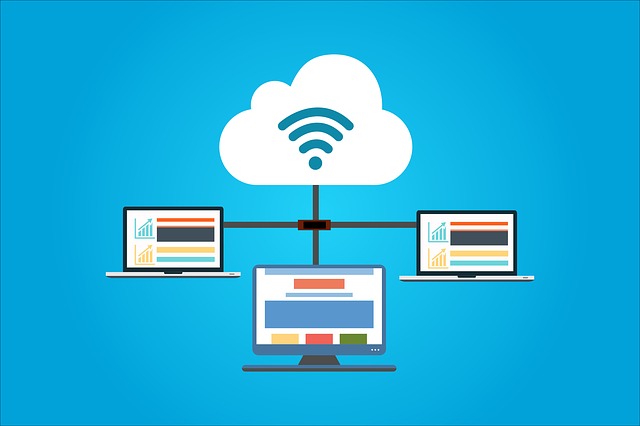Solid-state drives are becoming more common in server applications and are slowly replacing mechanical hard drives, which can provide faster read and write speeds and higher performance for servers. Solid state drives have certain advantages over mechanical hard drives in terms of performance improvement, latency, IOPS, power consumption, durability, silent operation, and smaller size. The server uses solid-state drive scenarios are also more diversified, solid-state drive can bring more advantages, details can be seen below.
Benefits of using SSDS for servers
Solid State Drives (SSDS) have multiple benefits in server applications, making them the storage solution of choice for many enterprises and data centers. Here are some of the main benefits of using SSDS on servers:
Faster speed:
Read/write speed: SSDS have higher read/write speeds than traditional hard disks (HDDS). This means that applications and operating systems running on the server load and respond faster.

Lower access latency:
Low latency: SSDS have lower access latency than HDDS, which is important for applications that require fast response, such as databases, virtualization, and cloud workloads.
Higher random access performance:
Random I/O performance: SSDS are better at handling random read and write operations, which is important for applications such as databases that require frequent random access.
Lower energy consumption and heat generation:
Low power consumption: SSDS consume less power and produce less heat than HDDS. This helps improve server energy efficiency and reduce heat dissipation requirements.
Smaller physical size:
Compact and lightweight: SSDS are typically smaller and lighter than HDDS of the same capacity, which helps optimize server space utilization and rack density.
Reliability and durability:
No mechanical parts: Because there are no mechanical parts, such as rotating platters and read/write heads, SSDS are more durable than HDDS and less susceptible to physical shocks.
Longer life:
Write durability: SSDS typically have a longer write life than HDDS, which means they maintain performance and reliability better for the same write operation.
Improve virtualization performance:
Virtualization environment: In a virtualization environment, SSDS can significantly improve the VM startup speed, snapshot creation speed, and recovery speed, and improve the overall virtualization performance.
Suitable for high concurrent workloads:
High concurrency: For workloads that need to handle a large number of concurrent requests, such as Web servers, application servers, etc., the high speed and low latency of SSDS are very beneficial.
Improve database performance:
Database applications: For database applications, SSDS can provide faster query and transaction processing speed and improve database performance.
In which scenarios are SSDS often used in servers?
1. Database server:
Database servers, such as MySQL and PostgreSQL: SSDS speed up database reads and writes, accelerating query and response time and improving database performance.
2. Web Server and Application Server:
Web servers such as Nginx, Apache, and Tomcat: SSDS speed up file reading and Web page loading, improving Web server performance.
Application Server: When hosting applications and services, SSDS can provide faster data access and improved response times.
3. Big Data processing:
Big Data Framework: SSDS can provide faster data processing speed and higher I/O performance, accelerating data processing and analysis.
4. Virtualization server:
Virtualization Platform: SSDS provide faster VM deployment and better performance with reduced I/O wait times.
5. File storage and caching:
File server: SSDS help with faster file reading and writing and access.
Cache: SSDS are used as cache storage to speed up access to common data and improve data access speed.
In the above scenarios, the application of solid state drives can obtain faster response speed and better performance, and the traditional mechanical hard disk costs are higher, and the appropriate hard disk type should be selected according to the actual application needs and budget. Overall, the benefits of SSDS in server applications are mainly reflected in improved performance, low latency, reliability and energy efficiency, making them the storage solution of choice for many businesses and data centers.

 EN
EN
 CN
CN









